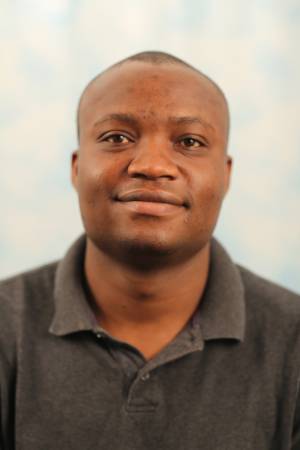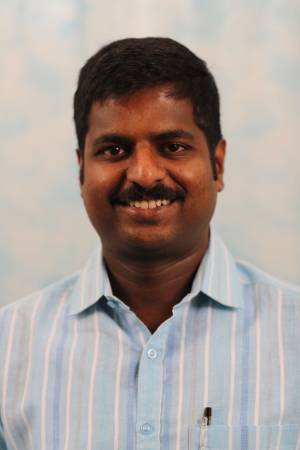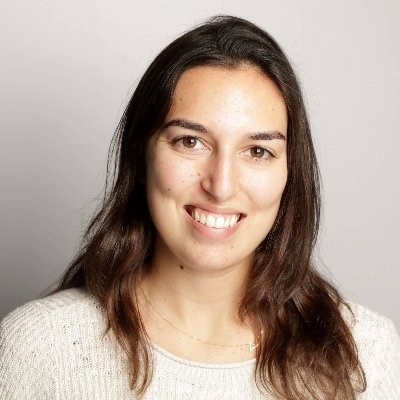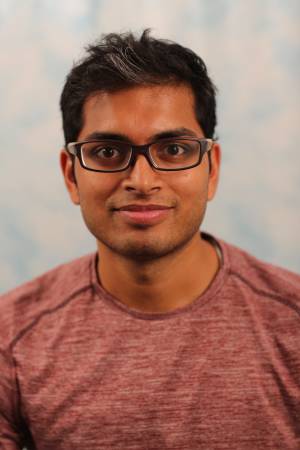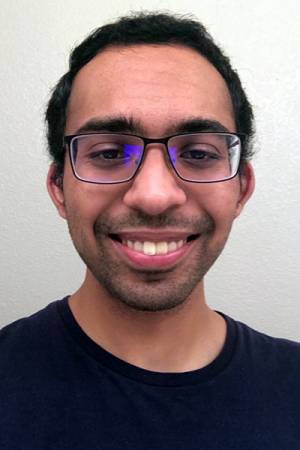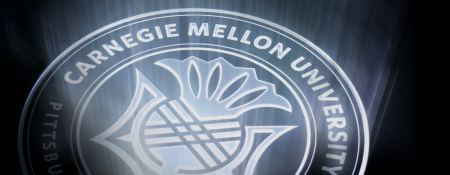Carnegie Mellon University
Optimization of Small Unmanned Ground Vehicle Design using Reconfigurability, Mobility, and Complexity
Abstract: Unmanned ground vehicles are being deployed in increasingly diverse and complex environments. With modern developments in sensing and planning, the field of ground vehicle mobility presents rich possibilities for mechanical innovations that may be especially relevant for unmanned systems. In particular, reconfigurability may enable vehicles to traverse a wider set of terrains with greater [...]
Force-Torque Sensors – Calibration & Estimation
Abstract: Wrist force-torque sensors were among the first proprioception sensors to be developed when robotics emerged as a field. They are now a mature technology already used in structured industrial applications like sanding and drilling. While they provide essential feedback in many manipulation algorithms, they do not garner as much excitement as exteroception sensors like [...]
Optimized Tradeoffs for Differentially Private Majority Ensembling
Abstract: Inspired by the common subtask of ensembling or calibrating private models, we study the problem of computing an m*epsilon-differentially private majority of K epsilon-differentially private algorithms for m < K. We introduce a general framework to compute the private majority via Randomized Response (RRM) with a data-dependent noise function gamma that subsumes any non-trivial [...]
Carnegie Mellon University
Spectral Mapping using Simple Sensors for Micro-Explorers
Abstract: Spectral mapping is an essential task in exploration as it expands our understanding of material composition in an explored region. Although imaging spectrometers are ideal for obtaining spectra to construct spectral maps, their large size, high power consumption, and operational complexity make them impractical for small rovers and limited missions. In contrast, RGB cameras [...]
Latent-NeRF for Shape-Guided Generation of 3D Shapes and Textures
Abstract: In this talk, I will focus on presenting my recent work which will be presented at CVPR in less than two months. Text-guided image generation has progressed rapidly in recent years, inspiring major breakthroughs in text-guided shape generation. Recently, it has been shown that using score distillation, one can successfully text-guide a NeRF model to [...]
Simulation-driven vision-based tactile sensor design using Physics Based Rendering
Abstract: Touch is an essential sensing modality for making autonomous robots more dexterous and works collaboratively with humans. With the advent of vision-based tactile sensors, roboticists have tried to incorporate tactile sensors in various robot structures for various robotic manipulation tasks to increase robustness, precision, and reliability. However, the design of vision-based tactile sensors is [...]
Efficient Interactive Learning with Unobserved Confounders
Abstract: Interactive learning systems like self-driving cars, recommender systems, and large language model chatbots are becoming increasingly ubiquitous in everyday life. From a machine learning perspective, the key technical challenge underlying such systems is that rather than simple prediction on i.i.d. data, an interactive learner influences the distribution of inputs it sees via the choices [...]
Carnegie Mellon University
Towards Reconstructing Non-rigidity from Single Camera
Abstract: In this talk we will discuss how to infer 3D from images captured by a single camera, without assuming the target scenes / objects being static. The non-static setting makes our problem ill-posed and challenging to solve, but is vital in practical applications where target-of-interest is non-static. To solve ill-posed problems, the current trend [...]
SCS Master’s Diploma Ceremony followed by Reception
Ceremony: 11:30 a.m. Auditorium, Soldiers & Sailors Memorial Hall & Museum 4141 Fifth Avenue, Pittsburgh, PA 15213 Reception: Following ceremony Grand Ballroom, Soldiers & Sailors Memorial Hall & Museum 4141 Fifth Avenue, Pittsburgh, PA 15213
SCS PhD Hooding Ceremony followed by Reception
SCS PhD Hooding Ceremony: 11 a.m. Kresge Theatre, College of Fine ArtsReception: Following ceremony Gates Hillman Center, 6th floor
